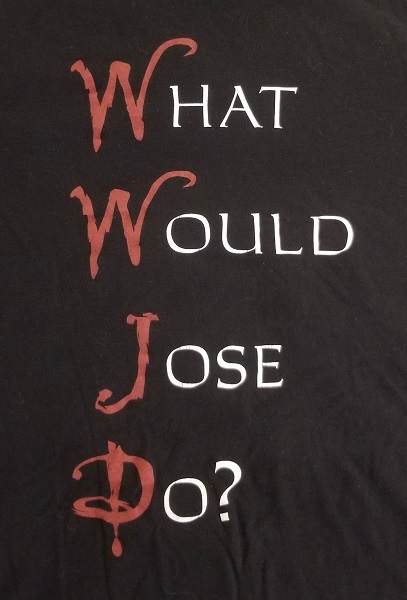 I’m thrilled that the IETF has restarted the JSON Object Signing and Encryption (JOSE) Working Group. It’s chartered to work on JSON- and CBOR-based representations for Zero-Knowledge Proofs (ZKPs), selective disclosure enabling minimal disclosure, and non-correlatable presentation. The representations are planned to use the three-party model of Issuer, Holder, and Verifier utilized by Verifiable Credentials.
I’m thrilled that the IETF has restarted the JSON Object Signing and Encryption (JOSE) Working Group. It’s chartered to work on JSON- and CBOR-based representations for Zero-Knowledge Proofs (ZKPs), selective disclosure enabling minimal disclosure, and non-correlatable presentation. The representations are planned to use the three-party model of Issuer, Holder, and Verifier utilized by Verifiable Credentials.
See the newly approved JOSE charter at https://datatracker.ietf.org/doc/charter-ietf-jose/03/. The working group will be chaired by Karen O’Donoghue, John Bradley, and John Mattsson, with the assigned area director being Roman Danyliw.
I believe this is a great outcome because the JOSE working group participants already have expertise creating simple, widely-adopted JSON-based cryptographic formats, such as JSON Web Signature (JWS), JSON Web Encryption (JWE), and JSON Web Key (JWK). The new formats will be peers to JWS, JWE, and COSE, reusing elements that make sense, while enabling use of new cryptographic algorithms whose inputs and outputs are not representable in the existing JOSE and COSE formats.
If you’re interested in the work, please join the JOSE mailing list at https://www.ietf.org/mailman/listinfo/jose if you’re not already a member. Also, plan to participate in IETF 116 Yokohama, where we should be able to have the first meeting of the reconstituted working group. I hope to see you there!
As background, the first step in the JOSE rechartering was the JSON Web Proofs (JWP) BoF at IETF 114 in Philadelphia sponsored by Security Area Director Roman Danyliw and chaired by Karen O’Donoghue and John Bradley, during which Jeremie Miller, Kristina Yasuda, Tobias Looker, and I presented. That was follwed by a Virtual Interim JWP BoF in October, 2022, review on the ietf-announce mailing list, and multiple IESG discussions.
All of which brings us back to the (now recurring!) question: “What Would JOSE Do?” Join us and be part of answering it!


Leave a Reply
You must be logged in to post a comment.